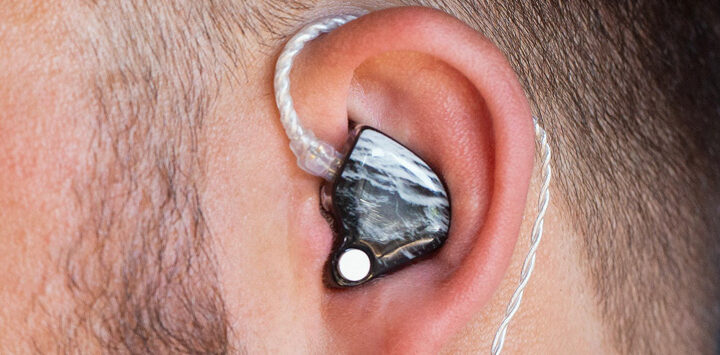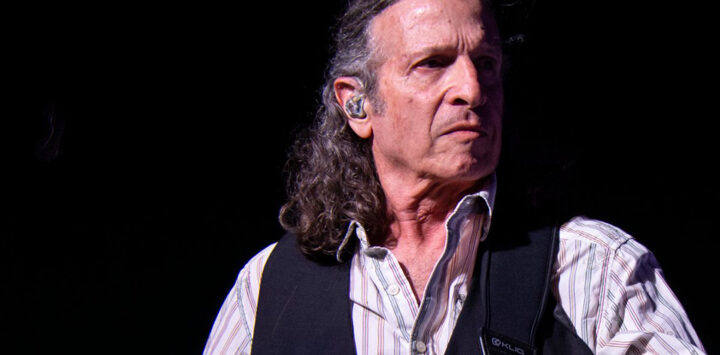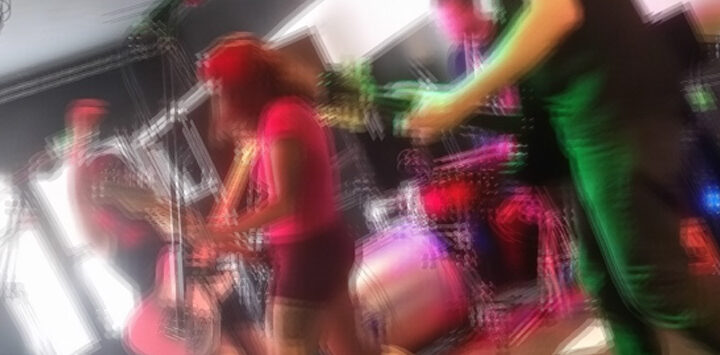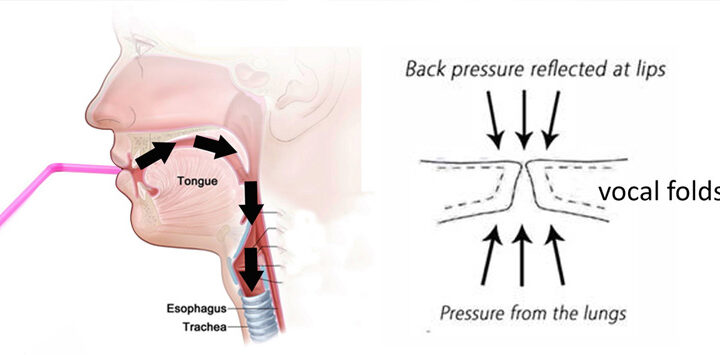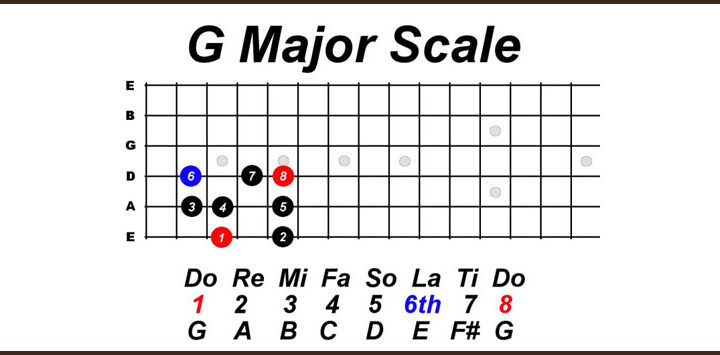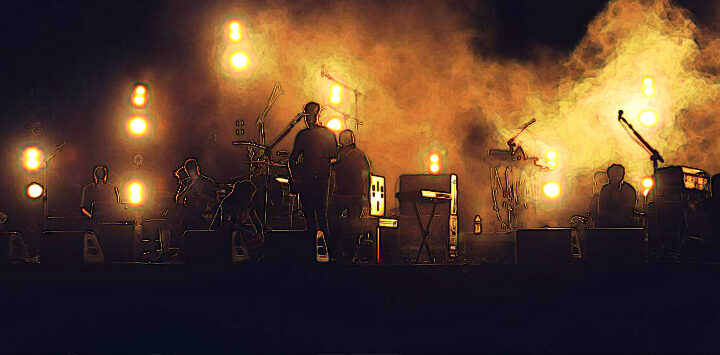
#10 – The In-Ear Learning Curve
I hate these! I can't 'feel' my guitar! If you are a guitar player, and have never played in front of a wall of amps, you owe it to yourself to try that at least once. There's really nothing like it... Being engulfed by sound waves can transport you. This same/similar feeling is even achieved with one small amp in a small club. If the volume of the whole band is loud enough to fill up the room you can also create the 'engulfed by' feeling. This is a feeling we as musicians get used to, especially playing in a band. It makes the idea of playing as a unit, a well oiled machine that moves and breathes together, even more achievable and way more fun. This is what we…

